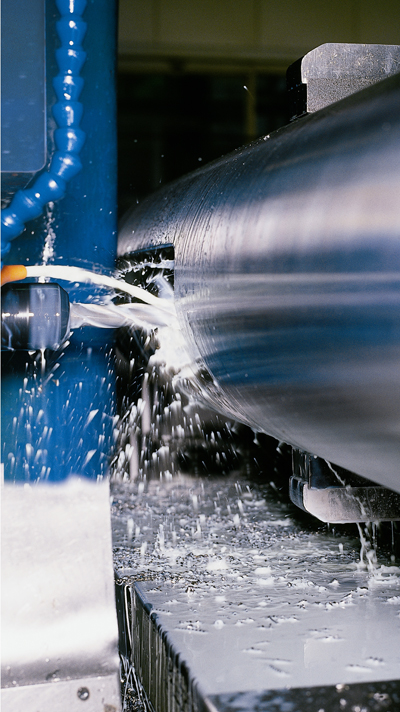Vasco 7000
Vasco 7000
Blaser Swisslube Inc. has announced the release of Vasco 7000.

Blaser Swisslube Inc. has announced the release of Vasco 7000. Vasco 7000 is a third-generation water miscible, bio-based semisynthetic emulsion formulated with the latest metalworking fluid components for the aerospace industry. Vasco emulsions are sustainable and are registered for use under the USDA BioPreferred Program.
Vasco 7000 exhibits excellent biological and chemical stability, providing long sump life in demanding conditions without the use of secondary amines, boron and formaldehyde releasing condensates, according to the company. Vasco 7000 is Chlorine free and provides high cutting performance, increased productivity and long tool life for exotic alloys. Vasco 7000 has been formulated and optimized for high speed milling of Titanium and nickel based alloys, and is universally applicable over a wide range of materials and machining operations.
Vasco 7000 has excellent washing action and very low misting properties, thus providing a high level of machine and shop cleanliness. Vasco 7000 is formulated for use in hard or soft water conditions and provides good foam control in moderate to high coolant pressure applications.





